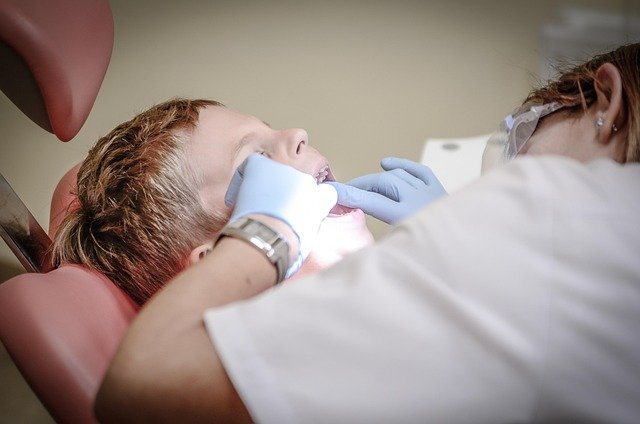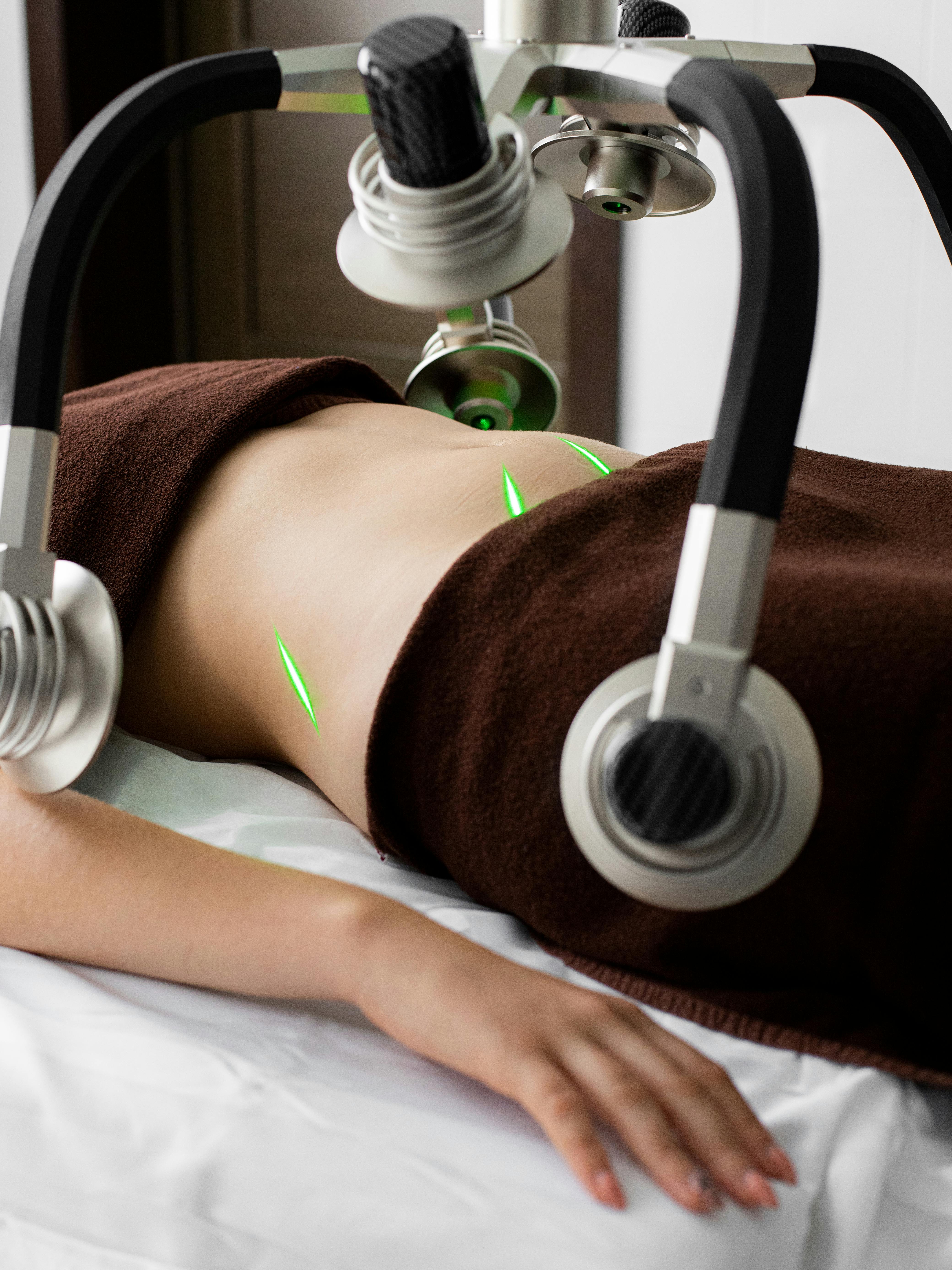Understanding Emergency Dental Services and Treatments Available Locally
Dental emergencies can happen unexpectedly, causing severe pain and requiring immediate attention. Knowing where to find emergency dental care in your area can make all the difference during these stressful situations. This article explores emergency dentistry options, including 24-hour services, walk-in appointments, and specialized treatments like dental implants for urgent cases.

Dental emergencies don’t follow a convenient schedule. Whether it’s a knocked-out tooth, severe infection, or unbearable pain, having access to emergency dental care can prevent further complications and provide much-needed relief. Understanding the available emergency dental services in your area can help you make informed decisions during these critical moments.
What Qualifies as a Dental Emergency?
Not all dental issues require immediate attention, but certain conditions should never wait for regular business hours. Severe pain that doesn’t respond to over-the-counter medication, facial swelling that could indicate infection, knocked-out or fractured teeth, and uncontrolled bleeding are all legitimate dental emergencies. Emergency dentistry services are specifically designed to address these urgent situations when traditional dental offices are closed.
Many emergency dental clinics offer extended hours or on-call services to accommodate patients experiencing acute dental problems. These facilities are equipped with specialized tools and medications to provide immediate relief and prevent the situation from worsening until definitive treatment can be administered.
Finding Dental Services Available 24 Hours in Your Area
When tooth pain strikes in the middle of the night or on weekends, knowing how to find a dentist open 24 hours in your area becomes crucial. Most metropolitan areas have at least one dental practice or clinic offering round-the-clock emergency services. These facilities typically operate on a rotating schedule with dentists taking shifts to ensure continuous coverage.
To locate these services, start by searching online directories specifically for emergency dental care in your location. Many dental insurance providers also maintain lists of in-network emergency dentists with their hours of operation. Additionally, hospital emergency departments can provide temporary relief for dental emergencies and direct you to appropriate dental specialists if needed.
Some dental practices offer after-hours phone lines where patients can speak directly with a dentist who can provide guidance on managing the situation until an in-person appointment becomes available. This service can be invaluable in determining whether immediate treatment is necessary or if home care measures will suffice until regular business hours.
Benefits of Emergency Walk-In Dental Services
Dentists that take emergency walk-in patients provide a vital service for those experiencing sudden dental problems. Unlike traditional dental practices that require appointments scheduled days or weeks in advance, emergency walk-in services accommodate patients on the same day, often within hours of their arrival.
This immediate access to care offers several advantages. First, it reduces the duration of pain and discomfort. Second, prompt treatment can prevent complications that might develop if care is delayed. For instance, a tooth infection left untreated could spread to surrounding tissues or even enter the bloodstream, potentially becoming life-threatening.
Walk-in dental clinics typically triage patients based on the severity of their condition, ensuring those with the most urgent needs receive priority treatment. Many also offer flexible payment options, recognizing that dental emergencies are rarely planned for financially. Some practices even provide membership plans specifically designed for patients without dental insurance, making emergency care more accessible to everyone.
Emergency Dental Treatment Options Available Locally
Emergency dental treatment nearby encompasses a wide range of services designed to address acute dental problems. These services typically include pain management, infection control, temporary restorations, and in some cases, definitive treatments.
For severe infections, emergency dentists may perform drainage procedures, prescribe antibiotics, and recommend follow-up care. Broken or chipped teeth can be temporarily repaired with dental bonding materials until permanent restoration can be scheduled. Lost fillings or crowns might be temporarily replaced to protect the affected tooth and alleviate sensitivity.
Many emergency dental facilities also offer digital X-rays and advanced diagnostic tools that allow for accurate assessment of the problem during the initial visit. This capability enables dentists to develop comprehensive treatment plans that address both immediate concerns and underlying issues that might have contributed to the emergency.
Dental Implant Treatments for Emergency Situations
While dental implant treatment is typically considered a planned procedure, there are emergency situations where immediate implant placement becomes necessary. Dental implant treatment available in your area might include emergency protocols for traumatic tooth loss, where immediate implant placement can preserve bone structure and improve aesthetic outcomes.
Immediate load implants, sometimes called same-day implants, can be placed during emergency visits in cases where a front tooth has been knocked out and the socket remains intact. This approach prevents the psychological and social impact of missing visible teeth while starting the restoration process without delay.
Not all emergency dental facilities offer implant services, as these procedures require specialized training and equipment. However, emergency dentists can provide temporary solutions and refer patients to qualified implant specialists for definitive treatment. Some comprehensive dental centers combine emergency services with specialty care, allowing for seamless transition from urgent care to long-term restoration.
Cost Considerations for Emergency Dental Services
Emergency dental care typically comes at a premium compared to scheduled treatments due to the after-hours nature of the service and the immediate attention required. Understanding the potential costs can help patients prepare financially for these unexpected situations.
| Service Type | Average Cost Range | Insurance Coverage |
|---|---|---|
| Emergency Examination | $75-$150 | Often covered (50-80%) |
| Emergency Extraction | $200-$700 | Partial coverage (40-80%) |
| Root Canal Treatment | $700-$1,500 | Partial coverage (50-80%) |
| Temporary Crown | $200-$600 | Varies by plan |
| Emergency Implant Consultation | $100-$300 | Limited coverage |
| After-Hours Fee | $50-$250 | Rarely covered |
Prices, rates, or cost estimates mentioned in this article are based on the latest available information but may change over time. Independent research is advised before making financial decisions.
Many emergency dental clinics offer payment plans or financing options to help manage these unexpected expenses. Some also work with third-party financing companies that specialize in healthcare costs. For patients without insurance, discount dental plans might provide reduced rates for emergency services at participating providers.
It’s worth noting that delaying treatment for dental emergencies often leads to more extensive and expensive procedures down the line. What might be treated with a simple filling if addressed promptly could evolve into a need for root canal therapy or extraction if left untreated.
When facing a dental emergency, being prepared with knowledge about local services can save precious time and reduce anxiety. Keep contact information for emergency dental services in your area readily accessible, and familiarize yourself with your dental insurance coverage for emergency situations. Remember that prompt attention to dental emergencies not only alleviates pain but can also prevent more serious health complications and preserve your oral health for years to come.
This article is for informational purposes only and should not be considered medical advice. Please consult a qualified healthcare professional for personalized guidance and treatment.




